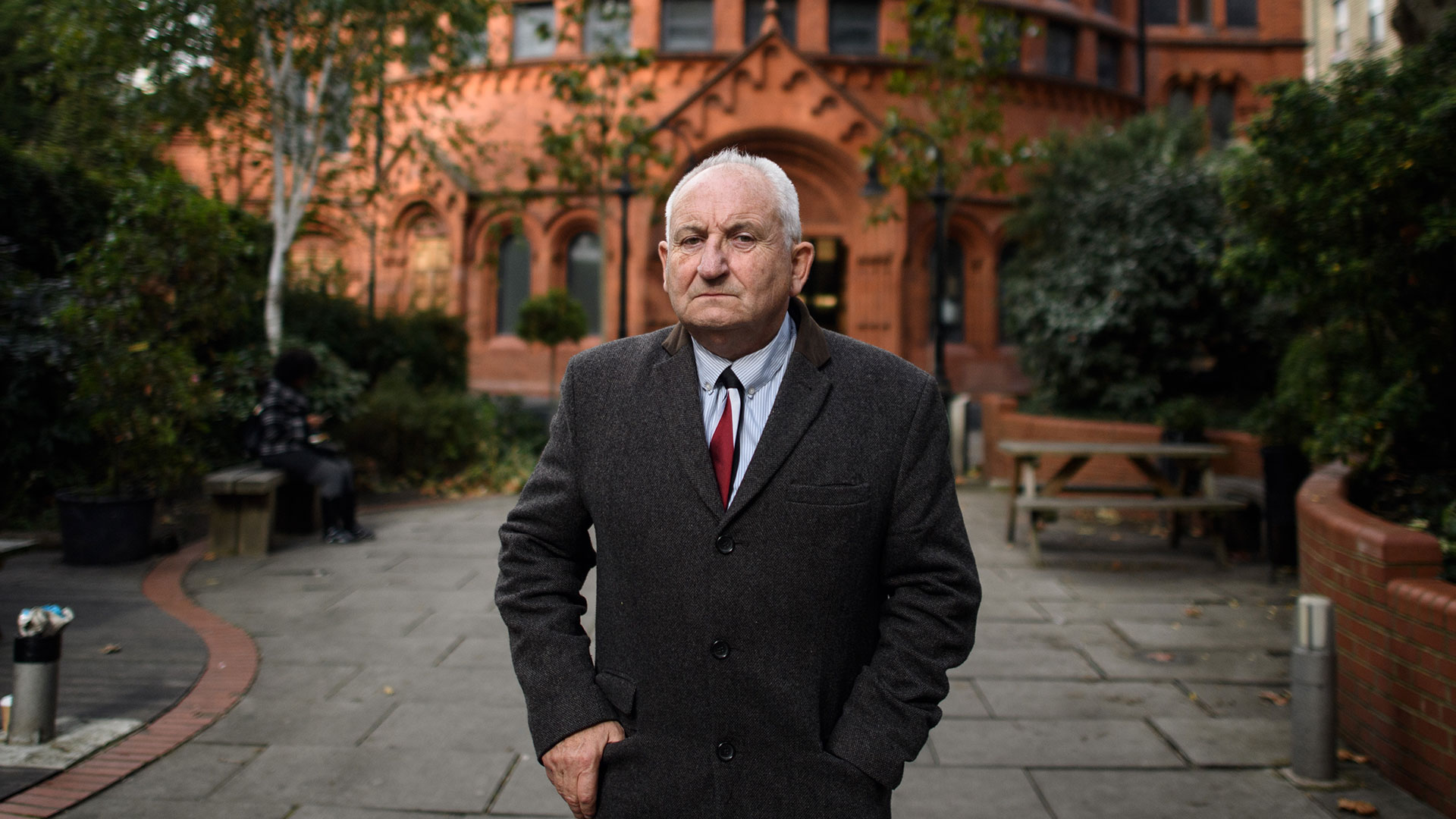I was on a train coming back from a funeral and a young man came and sat opposite and engaged me in conversation. I had the strong feeling that he was nervous, on edge, looking down the length of the train as if to spot something. I felt like giving him some advice.
The advice was: “If you don’t have a ticket, when you see the ticket inspector go up and tell him your problem, politely.” Explain your predicament, I felt like saying.
The problem though was that he was ill. And as we spoke over the next hour he told me about his illness. He was autistic, or had been diagnosed recently as such. He was depressive and could not sleep. He showed me the pills that he had to take two times a day. He spoke softly and when I told him about me working on The Big Issue he smiled and even laughed.
I wasn’t just some passenger who didn’t know where he was coming from. He had been homeless and in institutions. We shook hands. I could tell by his damp hands that he had a high level of anxiety.
I did not have to tell him to be polite to the ticket man. He explained everything by the door and you could see that his determination to get through to the inspector worked.
We shook hands. I could tell by his damp hands that he had a high level of anxiety
The funeral I went to was different from most other funerals I had been to. In most funerals there is a fair amount of fudge. You have to strike out all the bad memories of the living person, and remember only their good parts. But it often takes a large bit of mental vivisection. And then you listen to the comments and the praise and seemingly appear to agree with the propaganda, though at times not recognising the figure so painted.









